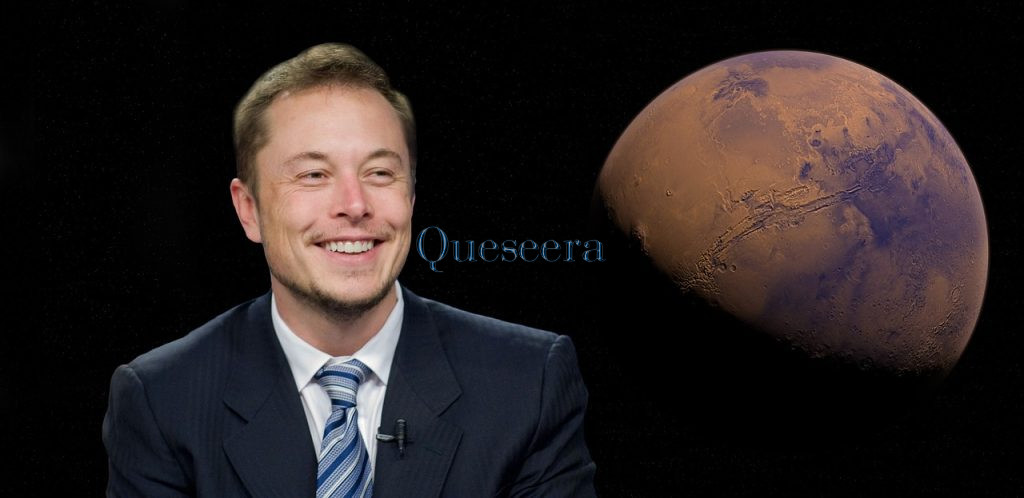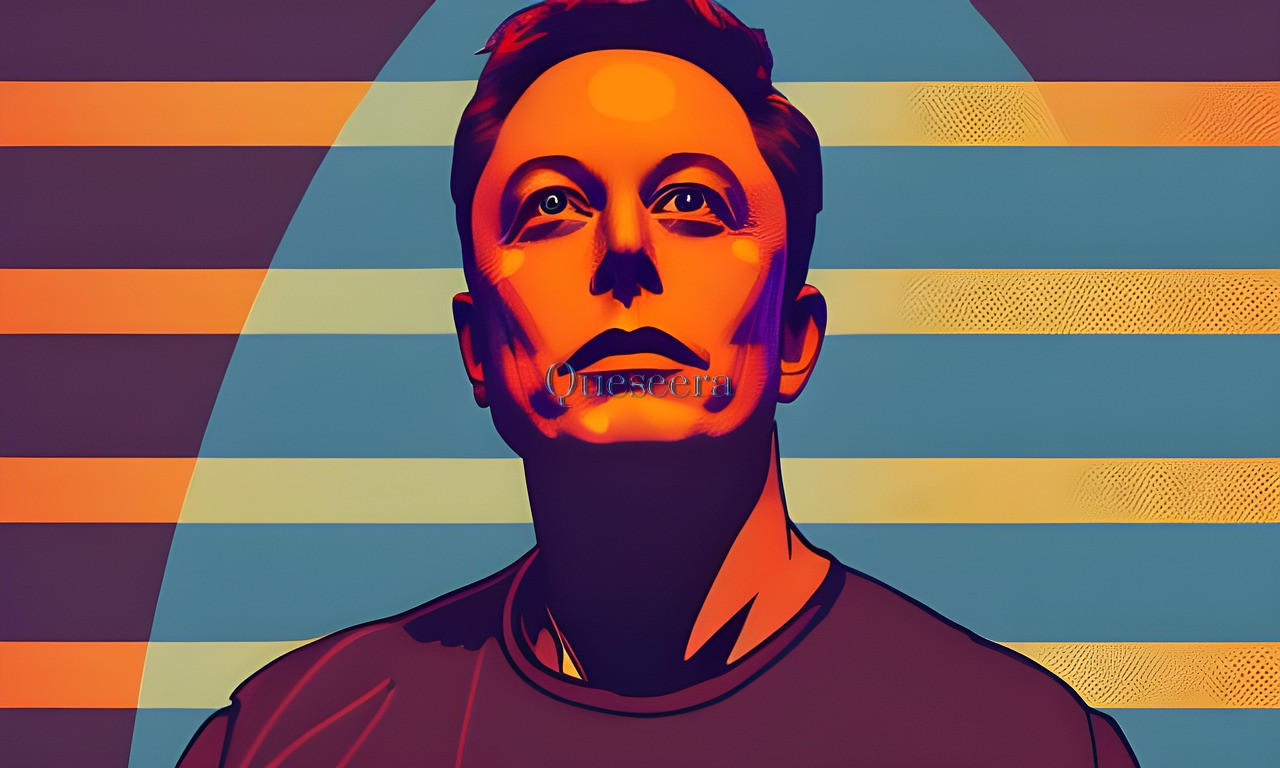The Future of Brain-Computer Interfaces: Elon Musk, the billionaire businessman and visionary behind Tesla and SpaceX, has set his sights on a new frontier: the human brain. His latest startup, Neuralink, aims to develop a brain-computer interface (BCI) that will transform the way we interact with technology while improving our cognitive abilities.

In 2016, Neuralink was founded with the idea of creating a BCI that could be implanted directly into the human brain. The purpose of this technology is to create a direct connection between the brain and the computer. Allowing the direct transmission of thoughts, feelings, and sensory information.

Musk has indicated that the ultimate goal of Neuralink is to build a symbiotic relationship between humans and artificial intelligence (AI), allowing humanity to keep up with rapid technological advancements and potentially merge with AI. While this may sound like something out of a science fiction novel. Musk believes it is not only feasible but also crucial for humanity’s survival.
Neuralink’s technology is still in its early phases of development, but the business has already achieved some significant breakthroughs. Neuralink conducted a live demonstration of its technology in August 2020. Exhibiting a pig named Gertrude with a chip implanted in her brain that could detect and send signals from her neurons.
While the demonstration was greeted with a combination of interest and skepticism, the potential uses of the technology are immense. It could be used to treat neurological diseases like Parkinson’s and Alzheimer’s, provide a direct interface to those with physical limitations, and even improve our cognitive abilities by allowing us to access and process information more quickly.

Of course, as with any new technology, there are potential downsides to this new technology. Privacy and security are major concerns. When it comes to implantable technology, the notion that hackers have access to our thoughts and emotions is terrifying.
Despite these reservations, Musk remains optimistic about Neuralink’s future and its potential to change the world. In a recent interview with Joe Rogan, Musk noted, “I think it’s going to be important on a civilization-level scale.” Even in an artificially intelligent state, we would regress. With a high-bandwidth brain-machine interface, we can really go along for the ride.”
Only time will tell if Musk’s vision for Neuralink will come to fruition. But one thing is for sure: the future of brain-computer interfaces is an interesting and rapidly expanding topic. And discoveries coming from Neuralink are worth keeping an eye on.
Read the Article: The Secret Dreams of Rich Women

